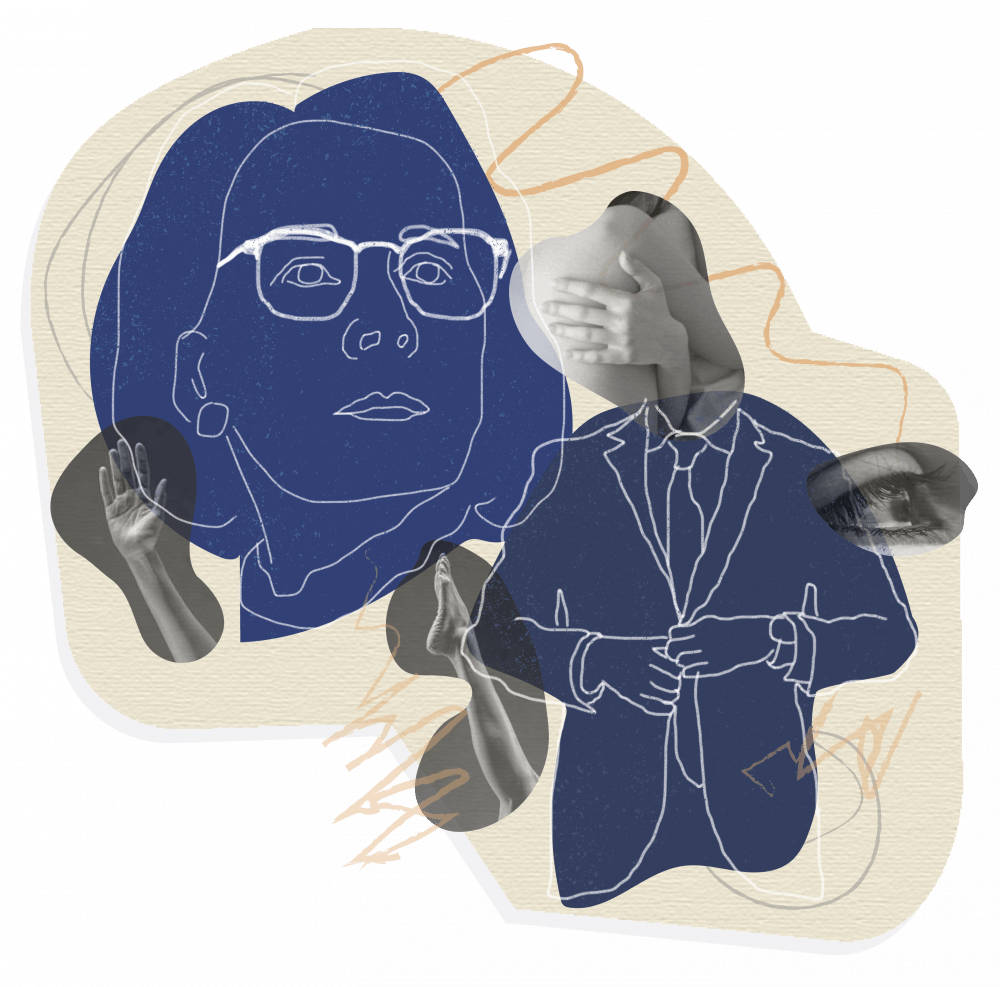Before Michael Dolce sent his daughter to college, he sat her down and showed her the number of recorded sexual assault cases on her soon-to-be campus. She thought the numbers were relatively low.
They were only the numbers of reported cases, her father reminded her.
“Multiply that number by 10. Now look at that number and tell me that that's a small number,” Dolce said. “At least one of your dorm mates is going to be sexually assaulted every single week.”
Dolce is a sex crime lawyer, and he leads a practice group of legal professionals at Cohen Milstein Sellers and Toll law firm in Palm Beach Gardens, Florida. The lawyer said he handles cases involving child abuse, sexual violence and domestic violence.
He and other lawyers may now be involved with Title IX cases in universities after U.S. Secretary of Education Betsy DeVos released new regulations on May 6, which include a courtroom-style hearing process.
Under the Obama administration, sexual harassment was broadly defined as “unwelcome conduct of a sexual nature,” which includes requests for sexual favors or nonverbal conduct of a sexual nature.
The new regulations redefine sexual harassment as “conduct that is so severe,
pervasive, and objectively offensive that it effectively denies a person equal access to education.” If allegations do not fit this definition, schools can continue investigations under their own code of conduct or dismiss the complaint entirely.
Schools will now investigate sexual harassment complaints through a courtroom-style, live-hearing process. This will replace the single investigator model, which required a single person to gather and evaluate evidence from both parties.
According to the new regulations, both the accused and the accusers will have the ability to choose a representative, who does not need to be an attorney, to cross-examine each other. Both parties will have the opportunity to submit and review evidence.
“Why are we now saying that an accused can designate any person they want, including a fellow classmate, to be their advocate, to be their effective lawyer during one of these proceedings?” Dolce said. “And having the right—the absolute right—during a live, in-face, person-to-person hearing to cross-examine the accuser is absolutely an intimidation tactic.”
Title IX was passed with the Education Amendments of 1972 to protect people against sexual misconduct. It applies to schools and educational institutions that receive federal funding, such as libraries, museums and public universities.
In the last year alone, UF’s Office of Title IX Compliance investigated multiple UF professors for inappropriately touching students or faculty. A resident assistant was charged with attempted sexual battery and more after a student accused him of trying to finger her, and a UF student was raped on her way to the homecoming game.
The university’s Title IX procedures haven’t always been straightforward or easily understood. Sophia Serrao, a 24-year-old UF law student, said she believes the new Title IX regulations will only complicate the process further.
The narrow definition of sexual harassment and potential to be cross examined in a courtroom-style hearing may discourage victims from coming forward, she said. She believes the new regulations work in favor of the accused.
Serrao helped found We Believe Survivors, a UF group dedicated to helping victims of sexual misconduct file Title IX complaints. She added that the DeVos’ policy will disproportionately impact those who don't have money for a lawyer to represent them throughout the investigation.
“University students, especially first-generation college students, won't have the money to have those types of resources to bring in expert witnesses and to do all that kind of stuff,'' Serrao said.
Philip Smith, president of UF Young Americans for Freedom, a conservative group on campus, said he is pleased with the new regulations.
"They install protections for every university student by restoring due process to Title IX courts across the nation,” Philip Smith wrote in an email to The Alligator. “We hope Devos continues protecting the rights of US students."
UF spokesperson Steve Orlando wrote in an email that the UF Office of Title IX Compliance is examining the new regulations and working with other departments to align the universities processes with the new requirements.
The new regulations will be effective on Aug. 14.
Contact Tien at tle@alligator.org. Follow her on Twitter @tienle11.
Changes include courtroom-style hearings and a new definition of sexual harassment.






